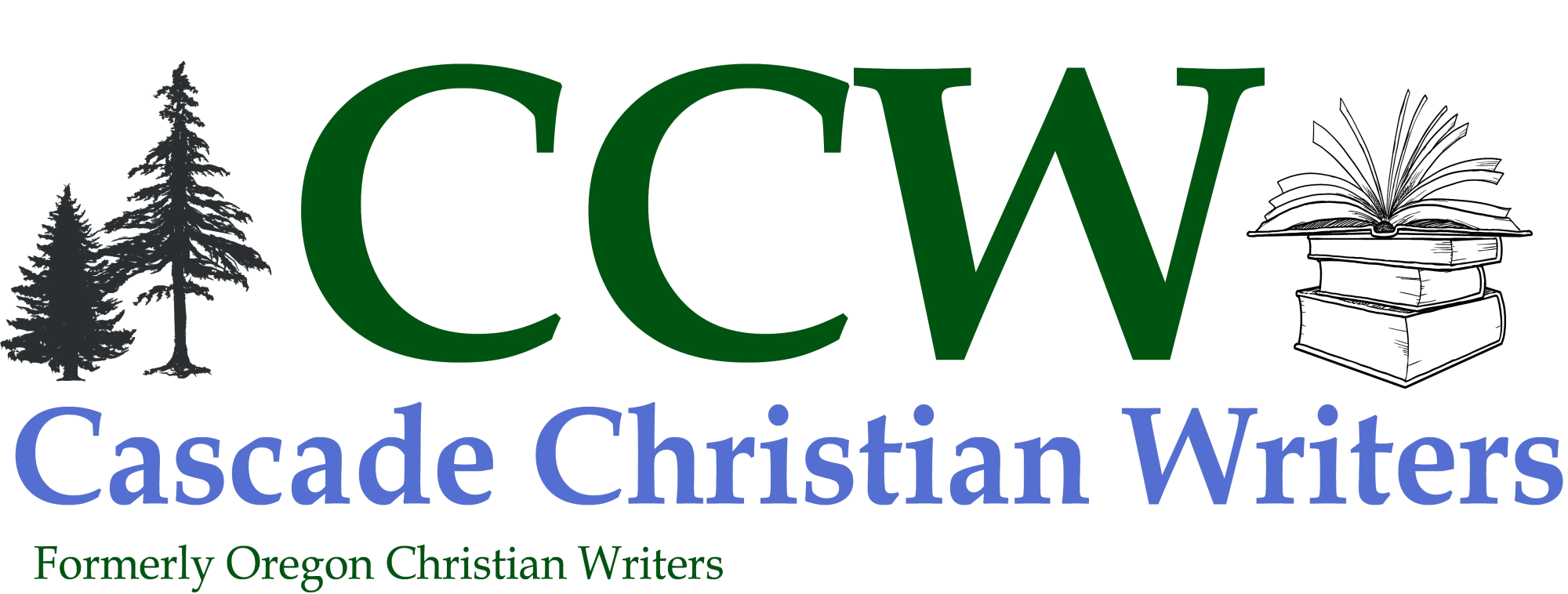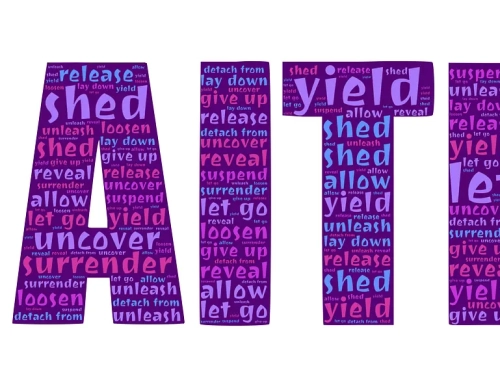by Terry Glaspey
I’ve always loved bacon. As a child, I especially loved to watch what happened when I dropped the long flat slabs into a hot frying pan and the bacon began to sizzle and shrink and curl as it heated. The more you cooked it, the smaller it became. Was this because the excess fat was being cooked away?
Cooking bacon seems like a pretty good metaphor for what should be happening in the process of self-editing my writing. As I create the first draft of any project I’m working on, it tends to accumulate quite a bit of excess—off-topic rabbit trails, unnecessarily complex descriptions, repetition, a preachy tone, wordiness, and whatnot. That’s okay, and probably even a good thing. Sometimes when I am writing without overthinking every sentence, I make wonderful creative discoveries. New approaches and ideas emerge. I just get all my thoughts out on the page so that there is plenty to work with.
Then comes the hard—but necessary—next step. I must be ruthless about removing the fat from my newly written piece, asking myself what strengthens my arguments or my storytelling, and what is just unnecessary excess.
The process is simple: Trim. Cut. Excise. Repeat. Set it aside for a couple of days, then do it again.
What’s tough about this process is that I’ll often find a sparkling sentence or a funny line are simply not needed or don’t really fit. But I can be so pleased with these wonderful bits of writing that I don’t want to let them go. That’s when it gets especially painful to do the necessary pruning. But it must be done. As William Faulkner once admonished would-be writers, I need to “kill my darlings,” jettisoning those beloved pieces of excess literary verbiage.
Honestly, the delete key can be your best friend. Use it freely so that you can create truly savory paragraphs.
~
 Author and editor Terry Glaspey is the author of more than a dozen books, including 75 Masterpieces Every Christian Should Know, which won both a 2017 Christianity Today Book Award and a 2017 ECPA Gold Medallion Award. His other books include Not a Tame Lion: The Spiritual Legacy of C.S. Lewis, The Prayers of Jane Austen, 25 Keys to Life-Changing Prayer, and Bible Basics for Everyone. Terry speaks regularly on topics such as faith and the arts, writing, literature, C.S. Lewis, the Bible, and spiritual life. Most recently he taught an eight-session course on the history of Christian expression in the arts at a large conference in Oxford and Cambridge. He is an acquisitions editor for Harvest House Publishers, where he has worked with many successful authors for 22 years and was the recipient of the Advanced Speakers and Writers Editor of the Year Award in 2011. Terry will keynote at the 2018 Oregon Christian Writers Spring One-Day Conference May 19 at First Baptist Church of Eugene. Terry will also teach two one-hour workshops, “From Brainstorming Your Ideas to Working with Your Editor: The Path to Being a Successful Author” and “Awakening: A Spirituality of Wonder.”
Author and editor Terry Glaspey is the author of more than a dozen books, including 75 Masterpieces Every Christian Should Know, which won both a 2017 Christianity Today Book Award and a 2017 ECPA Gold Medallion Award. His other books include Not a Tame Lion: The Spiritual Legacy of C.S. Lewis, The Prayers of Jane Austen, 25 Keys to Life-Changing Prayer, and Bible Basics for Everyone. Terry speaks regularly on topics such as faith and the arts, writing, literature, C.S. Lewis, the Bible, and spiritual life. Most recently he taught an eight-session course on the history of Christian expression in the arts at a large conference in Oxford and Cambridge. He is an acquisitions editor for Harvest House Publishers, where he has worked with many successful authors for 22 years and was the recipient of the Advanced Speakers and Writers Editor of the Year Award in 2011. Terry will keynote at the 2018 Oregon Christian Writers Spring One-Day Conference May 19 at First Baptist Church of Eugene. Terry will also teach two one-hour workshops, “From Brainstorming Your Ideas to Working with Your Editor: The Path to Being a Successful Author” and “Awakening: A Spirituality of Wonder.”








